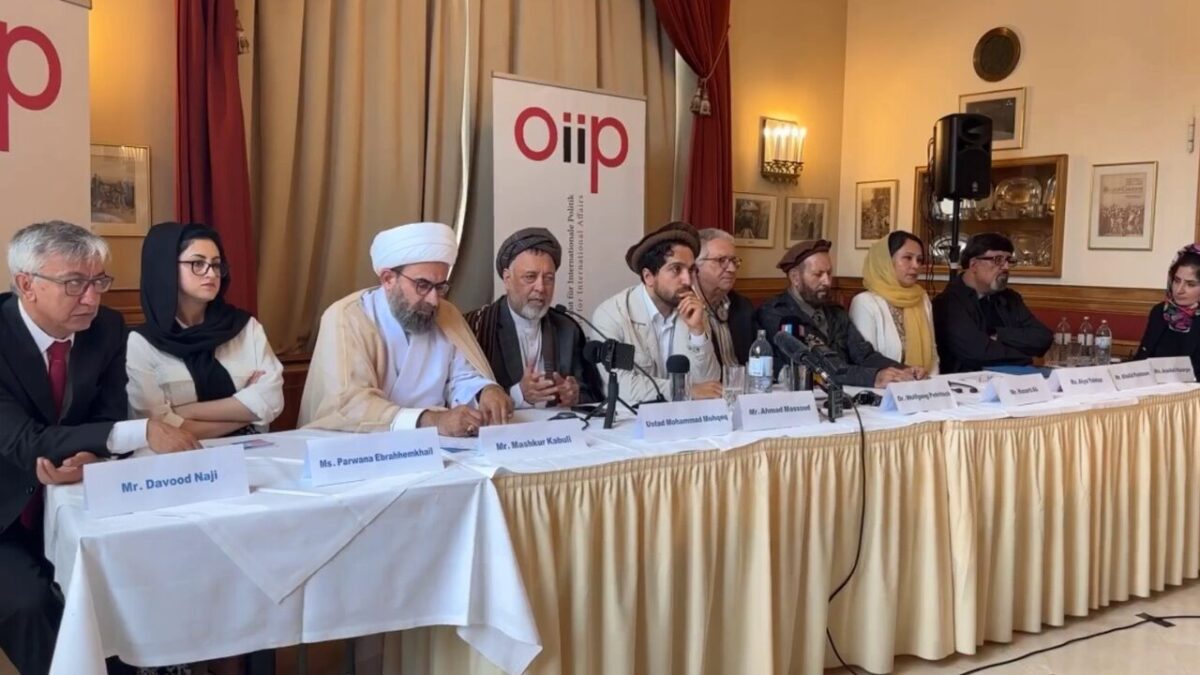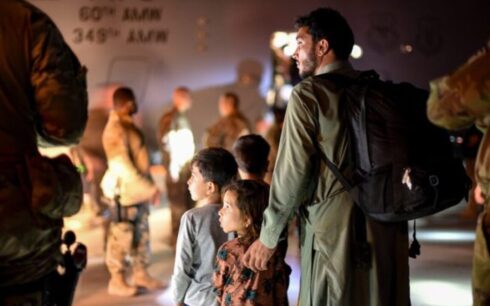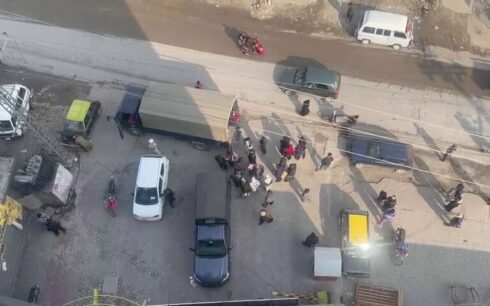VIENNA — In a gathering in Vienna, anti-Taliban political and military groups in a joint statement urged the United Nations “not to legitimize the Taliban’s rule in Afghanistan”.
The two-day meeting concluded with a strong appeal for the UN to reconsider its approach to the Taliban and to ensure that any discussions on Afghanistan include diverse Afghan voices.
In a statement released after the meeting, participants criticized the UN’s handling of the third Doha meeting, stating that the Taliban’s unilateral involvement and influence over the agenda undermine the process’s legitimacy.
The statement called on UN Secretary-General António Guterres to recognize the gravity of the situation in Afghanistan. “Participants of the Vienna meeting expect Mr. António Guterres to act responsibly regarding the Afghanistan issue, understanding the sensitivity of this matter,” the press release noted.
The opposition groups highlighted the Taliban’s policies towards women, including barring women from public work and banning girls’ education, as crimes against humanity.
They called on international bodies, including the United Nations, the International Criminal Court, and the International Court of Justice, to recognize these actions as gender apartheid and to hold Taliban leaders accountable.
“The Taliban’s policy against women is a clear example of crimes against humanity,” the statement said. “We call on all countries, human rights organizations, and free citizens worldwide to take action.” Ahmad Massoud, leader of the National Resistance Front of Afghanistan, emphasized the need for an inclusive approach to Afghanistan’s future. “The discussions were inclusive, and we are seeking to make a greater and better Afghanistan. I hope to work towards a roadmap that brings hope to the Afghan people,” he said during a press conference.
The Vienna meeting participants also issued several recommendations, including:
- *Establishing a Legitimate Government:* Continuing efforts to form a democratic and inclusive government reflecting the will of Afghan citizens.
- *International Support:* Emphasizing the need for support and coordination from neighboring countries, the region, and the international community.
- *Global Responsibilities:* Preparing Afghanistan to fulfill its role as a responsible member of the global community, in line with United Nations Millennium Development Goals.
- *Counterterrorism:* Highlighting the risk of Afghanistan becoming a haven for terrorist groups, drug traffickers, and organized crime under Taliban rule.
- *Humanitarian Aid:* Ensuring continued humanitarian aid reaches those in need with transparency and impartial supervision.
- *Resource Management:* Advocating for the responsible extraction and use of Afghanistan’s natural resources under a legitimate government.
As the United Nations prepares to host the third Doha meeting on Afghanistan on June 30, 2024, the Vienna conference participants urged the UN to avoid normalizing relations with the Taliban, which they described as a terrorist group unrepresentative of the Afghan majority and excluding women.
Taliban spokesman Zabiullah Mujahid dismissed the Vienna meeting, stating he did not even want to discuss it.
The Vienna meetings, organized by an Austrian institute, have become a regular forum for opposition groups to discuss strategies and issue recommendations regarding Afghanistan’s future.





